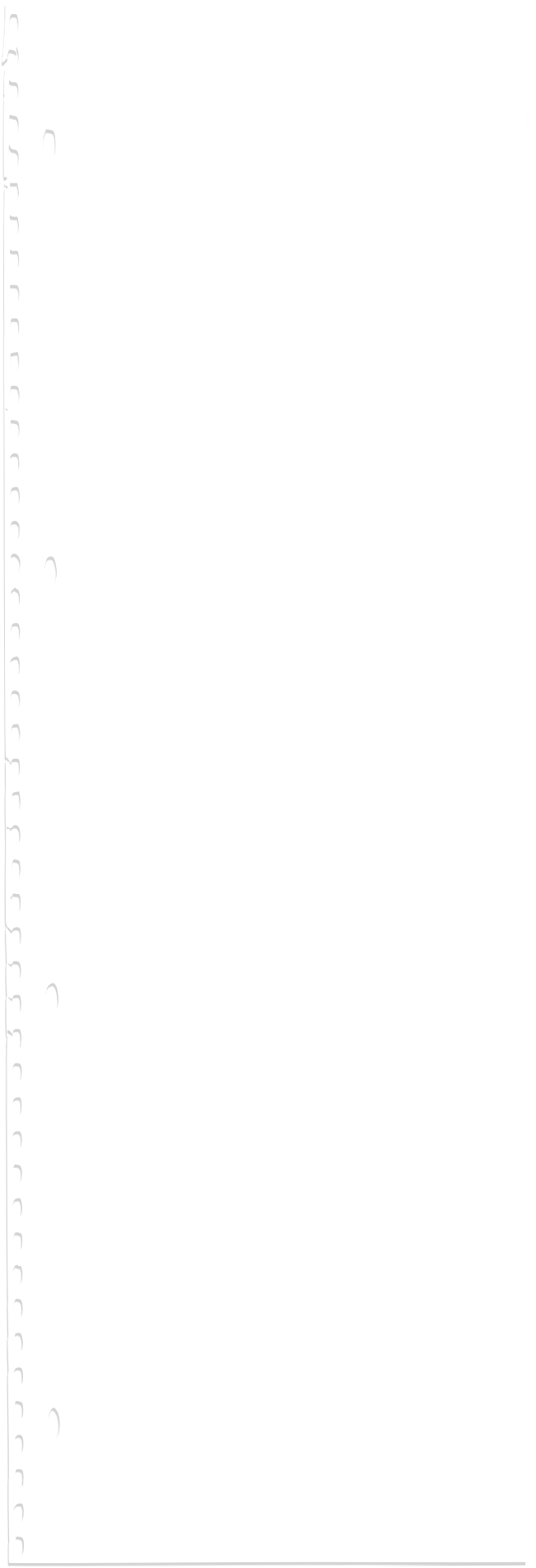

January 1991 |
Radio Caroline management was exploring an apparent loophole in the 1990 Broadcasting Act, which theoretically allowed for a foreign country to licence both the ship and a radio station broadcasting from it. Approaches were made to many Third World countries offering the Ross Revenge and her radio transmitting facilities as a base to establish an external broadcasting service. |
|
January 1991 |
The results of a Panamanian Government investigation into the registration of the Ross Revenge became known, confirming all that the Ross Revenge had been deleted from the Panamanian Shipping Register on 12th January 1987. |
|
February 1991 |
A new group - |
|
12th February 1991 |
Richards Butler, solicitors for Radio Caroline, wrote to the DTI on behalf of Grothan Steamship Lines Inc. giving an assurance that the Ross Revenge would not be used for illegal broadcasting. On that basis the RRSG was able to officially arrange tendering and supply facilities for the former radio ship. |
|
end of April 1991 |
The RRSG managed to raise sufficient funding from donations and the sale of memorabilia to purchase a generator, which was delivered to the radio ship. |
|
20th November 1991 |
Dover Coastguards tracked a ship, subsequently identified as the Ross Revenge, drifting southwards and at 3.50am she hit a sandbank on the notorious Goodwin Sands. A helicopter from RAF Manston was scrambled, but the skeleton crew refused assistance and decided to stay on board the Ross Revenge. The Dover Harbour Board tug Dextrous was then despatched to the Goodwin Sands to take the Ross Revenge in tow and at about the same time the Ramsgate lifeboat was launched. At 6.25am, as the ship started to list, the crew reluctantly decided there was no alternative but to abandon her. The RAF helicopter returned and airlifted the six crew members off the Ross Revenge. |
|
21st November 1991 |
A salvage crew landed on the Ross Revenge and secured tow lines to her. |
|
22nd November 1991 |
After many attempts the Ross Revenge was eventually pulled free and re- |
|
27th November 1991 |
Radio Caroline returned on satellite using some free air time donated by a Dutch station, using the facilities of the Intel satellite. |
|
1st December 1991 |
Another outlet for Radio Caroline was found at Radio 6 in Calais when the local French FM station presented a three hour "Caroline Special", including contributions from some Caroline DJs recorded on board the Ross Revenge in Dover Harbour. |




|
5th November 1990 |
Radio Caroline closed as usual just after 1.00am and, although no one knew it at the time, that was to be the final programme broadcast by the station from its offshore base in international waters. |
|
end of November 1990 |
The Ross Revenge suffered a major power failure which left the vessel without the facility to illuminate navigation lights at night - |
|
10th December 1990 |
An emergency petrol generator was damaged during a Force 10 storm so once again the Ross Revenge was left without any source of lighting or power. Coastguards were alerted and were informed by the crew that the Ross Revenge had only three hours of fuel supply left. The Air Sea Rescue Service sent a Sea King helicopter to the Ross Revenge and rescued the three crew members from the radio ship, which was abandoned. |
|
11th December 1990 |
A Trinity House vessel visited the Ross Revenge and her crew boarded the un- A tender was chartered by Radio Caroline, but after two hours of attempting to transfer people aboard the radio ship it was forced to abandon the operation due to the mountainous seas. |
|
14th December 1990 |
Sea conditions had improved marginally station engineer Peter Chicago, and DJ Richard Marks (Rico) successfully reclaimed the Ross Revenge for Radio Caroline, just hours ahead of two foreign tugs which were on their way to take the abandoned ship for salvage. |















